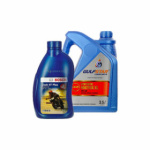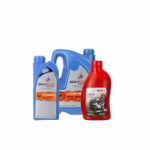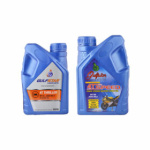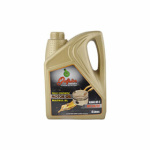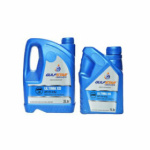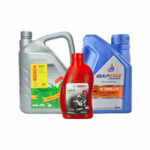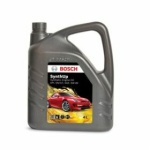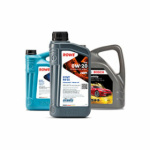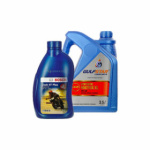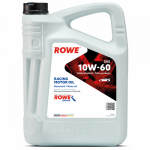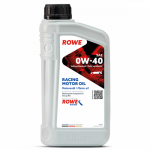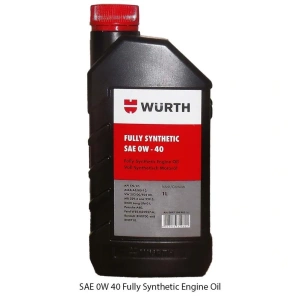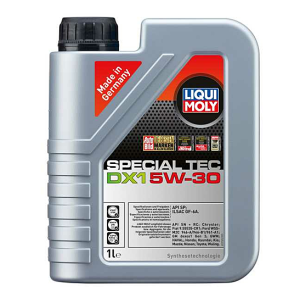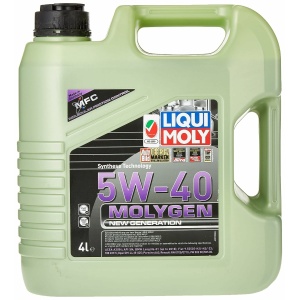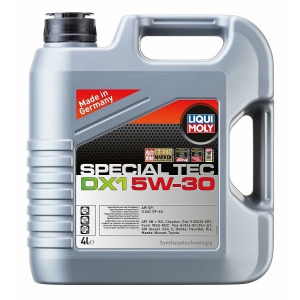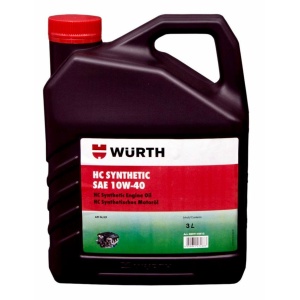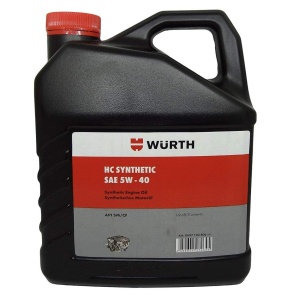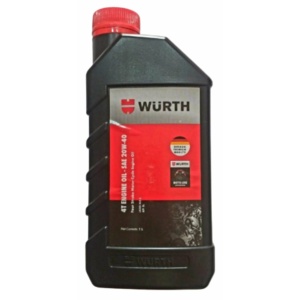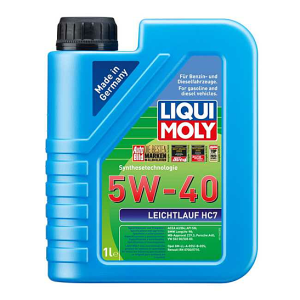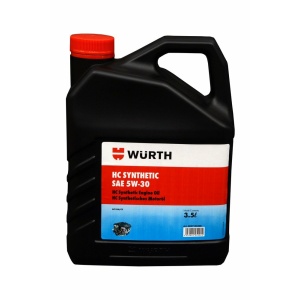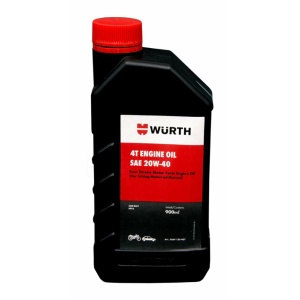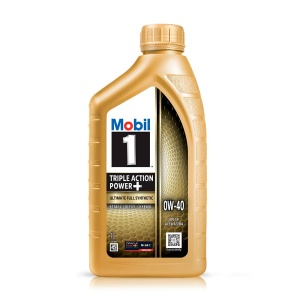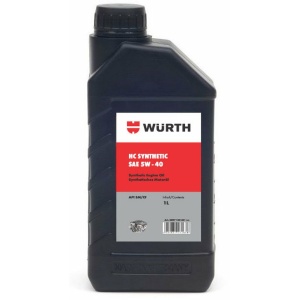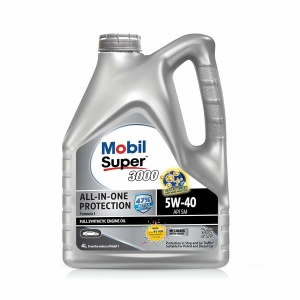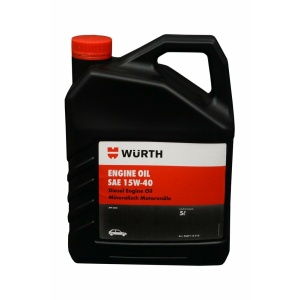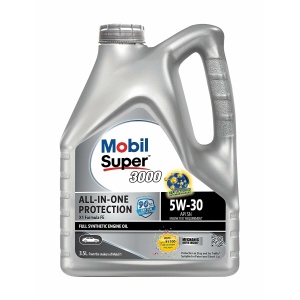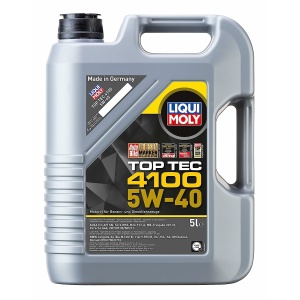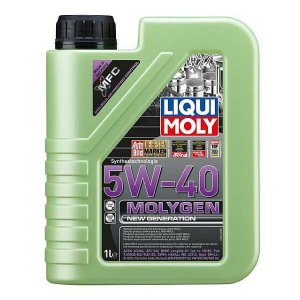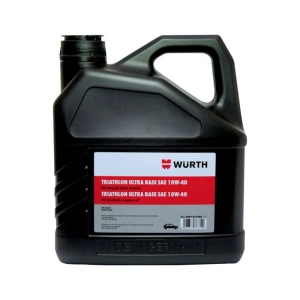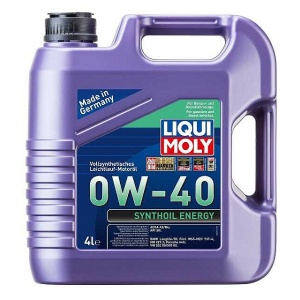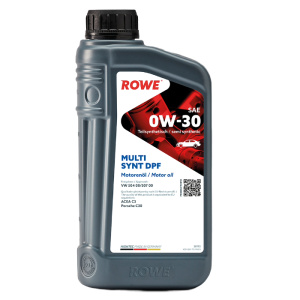Showing 1–5 of 93 results
India’s Best Engine Oil Online Buy: Power-Packed Performance & Protection
The best engine oil is what keeps your vehicle running for years. The fluid lubricates the moving parts and components to reduce friction and excessive wear. Making it an extremely vital part of your vehicle maintenance and service life. It’s important to pay attention to the oil change intervals and offer high-quality engine oil for car of the right specification. This way, you improve the efficiency of your motor and extend the vehicle life. If you aren’t sure what engine oil types is best for your vehicle, then you can look for the accurate specifications in your manual or consult a professional mechanic for the right recommendation.
If you are a complete beginner to the world of engine oils, then read the following article under the fluid type and grades. In simpler terms, the main purpose of car engine oil is to lubricate the moving parts so they work well together. While also protecting them against corrosion, rust, and clean deposits and contaminants that can develop from the engine. Engine oil is also responsible for cooling the entire engine block when it gets heated immensely.
Now you are well aware of the importance of engine oil, it’s time to find the best and reliable one for your vehicle maintenance. Buy the best engine oils for car and bike online from global brands at Carorbis. Get your hands on a massive range of fully synthetic, semi-synthetic, and mineral engine oils, carefully picked by lubricant experts. Carorbis aims to make high-quality engine oils for cars and bikes accessible for every budget to online buyers in India. We have a great range of high-performance lubricants for cars, bikes, and scooters. No more spending tons of money on poor-quality engine oil, just head to Carorbis and buy budget-friendly premium engine oils for your vehicle’s optimal performance.
What is Engine Oil?
In simpler terms, engine oil is meant to lubricate the internal parts of the engine, and protect it against erosion while keeping it cool while in use. The two primary ingredients of engine oil are base stock and additives. Both these elements are present in equal proportion, the base stock makes up 95% of the engine oil. It’s usually made from petroleum, synthetic chemicals, or a combination of both.
The responsibility of lubricating the engine working parts and cooling down the picked-up heat is on the base stock. The rest portion (5%) of the engine oil contains additives. The additives are accountable for regulating the fluid viscosity and safeguarding the engine parts against wear. Additives are effective in protecting the engine from wear and tear while other kinds of additives are useful to separating impurities and contaminants that carry severe risk. Each additive is designed for a particular property and based on what your vehicle requires, you are recommended with the engine oil with suitable additives.
The oil is measured by its grade and viscosity. For a newbie, here’s a quick chemistry lesson for you. Viscosity is a measure of the thickness of the fluid or in a scientific sense, the resistance to flow. For instance, the viscosity of honey is higher than water. Engine oil flows through the engine for lubrication in both cold and hot temperatures, making viscosity an important measure of an engine oil's suitability.
The grade refers to oil’s single-grade or multi-grade. A single grade has a fixed viscosity level while a multi-grade contains more than one viscosities based on the temperature. The most prevalent one today is multi-grade engine oils for running vehicles in different conditions. The viscosity grade scale measures the flow rate of both, single and multi-grade engine oils. It contains 11 grades ranging from 0 to 60. The thicker engine oils have a lower rank while the thinnest ones have a higher rank, each suitable for hot and cold temperatures.
What Does Engine Oil Do?
If the above conviction wasn’t enough, here’s what engine oils can do to your vehicle.
Reduce Friction -
Vehicles are meant to run smoothly. If you don’t provide an effective lubricant to reduce the harsh metal-on-metal contact between the components, it will increase friction in the engine. However, high-quality engine oil is effective in minimizing friction by evenly lubricating the engine components and reducing the risk of wear.Seal -
The engine oil for car also acts as a seal in places like the piston ring/cylinder interface. The seal helps to store the combustion gases inside the combustion chamber, thus, maximizing the horsepower and preventing hot gases from polluting the engine oil in the sump.Protection Against Corrosion -
Engine oil is capable of preventing or reducing the corrosion of the internal components. The oil can do so by chemically neutralizing corrosive products or by creating a barrier between the components and the corrosive items.Minimize Shock -
Engine oils can also protect the vehicle from mechanical shocks. The oil can form an effectively functional lubricant film that resists rupture and absorbs the energy spikes over a broad contact area. By lessening the mechanical shocks of the components, the wear and damaging forces are reduced to a great extent, resulting in increasing the component’s overall service life.Clean -
Engine oil maintains the cleanliness of the internal components by suspending contaminants within the fluid. It prevents the polluting elements from clinging to the components. The base oil contains a higher amount of solvency, thus greatly The additives like detergents maintain the crucial components like the pistons to stay clean and running properly.
The dissolving ability of the oils helps to keep out the contaminants, while additives like detergents and dispersants play a significant part in weeding the damaging material from the engine. The hot parts like the pistons and piston rings are well protected by the detergents by preventing them from sticking to the engine components. While the oil is kept utterly clean and prevented from forming sludges by additives like dispersants that work as a solvent.Cool -
By reducing the friction, the engine automatically receives great cooling. With lower overall operating equipment temperature, the engine runs smoothly with optimal heat. Engine oils also absorb heat from the contact surface area.Transfer Energy -
Since the engine oil for car is incompressible, it makes an effective energy-transfer medium, used with hydraulic valve lifters or to actualize engine components with variable valve timing.
Understanding Oil Viscosity
While reading about engine oil, you must have come across the term viscosity quite frequently. In simple terms, viscosity is scientifically defined by engine oil resistance to flow, i.e oil thickness as mentioned before. The oil viscosity alters with the temperature change - when it’s hot, the oil is thin. If it’s cold, the oil viscosity is thick.
Why is the oil viscosity thicker in winter? Well, being thicker doesn’t change the flow of the oil. The engine oil equality lubricates the engine at startup, but it must remain thick enough to protect the engine at a higher operating temperature. The engine oil viscosity changes with temperatures, but it’s very minimal. The Viscosity Index (VI) is the indicating number for the change in oil viscosity. By comparing the oil viscosity at 40-degree Celsius (104-degree F) with oil viscosity at 100-degree Celcius (212-degree F), the viscosity index is calculated. If the VI comes higher, the viscosity change is minimal compared to temperature changes, thus, promotes better engine protection.
Understanding Sae Viscosity Grade
The Society of Automotive Engineers (SAE) has created a system for categorizing the engine oils according to their viscosity grade at low and higher temperatures. For instance, 5W-30, 10W-40 and 15W-50.
The SAE viscosity grade determines the specific range of each oil type. The “W” indicates that the oil is suitable for cold temperatures, W= Winter. While the numbers increase with temperature, the lower the number, the lower the temperature at which the oil is used for safe and efficient engine protection. The higher number denotes better protection for high-heat and high-load situations. The majority of oils used today are multi-grade, meaning these oils behave differently at different operating temperatures to offer the best of both worlds. When the temperature drops, you get sufficient cold flow for reliable protection of the engine. For instance, 5W-30 engine oils work like an SAE 5W at 40-degree celsius and an SAE 30 engine oil at 100-degree celsius.
What is the Different Engine Oil Type?
Since there’s a wide variety of engine oil to choose from, understanding which type is suitable for your vehicle can be a bit tricky. There are two main types of engine oil - mineral and fully synthetic. The type mostly refers to how a particular oil is produced. The mineral oils are produced in a relatively simple way, as a product of crude oil while the synthetic oil is produced in a more advanced way comprising various additives. While there’s a third engine oil type called Semi-synthetic which is a blend of the two. Read below to learn more -
Mineral Engine Oil -
One of the crudest engine oils, Mineral motor oil is essentially made up of refined petroleum that undergoes various treatments to function under a wide range of temperatures. It’s found to be quite cheaper in the market compared to the other two varieties. Nowadays, mineral oils are mostly used in older cars and motorcycles.
Mineral oils aren’t preferred for current use as it offers little to no lubrication and protection against friction-induced heat. These oil types are also inefficient to use in colder temperatures. Mineral oils are more likely to break down when used in higher-temperature.Fully-Synthetic Engine Oil -
The synthetic engine oil for car is made of cutting-edge technology, notable for offering excellent protection, lubrication, and contributing to greater fuel efficiency. These oil types undergo extensive laboratory treatment for breaking down the mineral oil into the most basic molecules. Making them extremely efficient than their counterparts. Synthetic motor oil also helps to eliminate all sorts of impurities to a higher degree. The molecules present in the oil are of a consistent size and shape, offering excellent lubrication to the engine components.
Fully synthetic engine oils are suitable to be used at both high or low temperatures or under higher stress. The manufacturing of synthetic engine oil is quite expensive and painstaking, thus, the cost for these engine oils is significantly more costly than the rest.Semi-Synthetic Engine Oil -
Often placed right in between the mineral and fully synthetic engine oil. The semi-synthetic engine oil offers the best of both worlds - affordability of minerals and the performance of synthetic. Semi-synthetic engine oil offers three times the protection of mineral oils. It’s known as a blend of synthetic oil, as a small ratio of synthetic engine oil is combined with mineral oil. The combination improves the oil’s property without increasing the pricing of the oil in the market.
The addition of synthetic oil boosts the engine oil viscosity and wear resistance at a higher temperature and stress. The oil offers relatively higher performance at a lower temperature as compared to mineral oils. The only con of semi-synthetic oils is the lack of superior protection level compared to fully-synthetic engine oils.
Pump the Breaks for Best Engine Oil Near Me!
Needless to say, high-quality and affordable engine oil is vital for improving vehicle performance, protection, and service life. If you are looking for the best engine oil online, then look no further. At Carorbis, we offer world-class engine oil from popular global brands at your fingertips. Shop for the next-generation oil for outstanding protection from premium brands. Renowned to offer the best engine care for maximized performance at budget-friendly pricing. We deal with several demands of various customer bases in India. From motorcycles to top racers to real-life experts, our engine oils meet every need. Carorbis extensive range of engine oil promises to enhance your engine cleanness, protection, and fuel efficiency.
Just head to our website, and select from the wide variety of synthetic, semi-synthetic, and mineral oils from recognized brands. Don’t even stress about stepping out of the house to handpick the best as our in-house oil experts have already managed to do so. Get FREE delivery for purchase above INR 500, and pay a minimal charge of INR 40 to get the option of cash on delivery. As simple and affordable as it sounds, our service and charges are transparent. We don’t charge any hidden fees to our customers. Shop for the best engine oil today.
Frequently Asked Questions
Q 1. Which engine oil in india is best for cars?
Ans. The suitable engine oil for your vehicle is often recommended by manufacturers. So grab your handbook or manual and see if it says to use fully synthetic oil, mineral, or semi-synthetic oil. Whatever it mentions is the best engine oil for your vehicle.
Q 2. Where to buy engine oil near me?
Ans. The solution for the best “engine oil near me” is by hopping on the web and clicking on Carorbis. We are the leading online marketplace for all your vehicle needs from engine oil to air filters.
Q 3. Are engine oil and motor oil the same?
Ans. Yes, motor oil and engine oil are the same things.
Q 4. When should engine oil be changed?
Ans. Engine oil is advised to change at every 4000 km but if you are using the modern lubricant, then consider changing the oil at the interval of 8000 to 12,000 km.
Q 5. What are the engine oil and gear oil differences?
Ans. As the name suggests, engine oil is used for the engine while gear oil is used for the gearset. These names are often interchanges but these oils are very different from one another.
Q 6. Can engine oil be used as gear oil?
Ans. No! You can’t use engine oil instead of gear oil. Each lubricant is designed with specific properties and solutions suitable to the right application. If you use the wrong oil for your gear set, then it causes a major risk to the vehicle’s performance and service life.
Q 7. Are engine oil additives worth it?
Ans. Yes, to a greater extent, additives in the engine oil are completely worth it. The additives used in engine oil enhance lubrication, service life of the engine, and performance in higher temperatures. However, you must be careful with using the right additives for your vehicle.
Q 8. What causes engine oil and water mixing?
Ans. Although water should never be allowed to mix into the engine oil or gear oil, it’s likely to occur sometimes. Water in engine oil can significantly damage its lubricating properties and impede the vehicle service life. The water in the car often occurs by water condensation in cold air or combustion gases. It’s a very condition that only happens at a specific temperature.
Q 9. What is the price of engine oil for car?
Ans. The engine oil price for car is approximately Rs.1000 for 1 litre. However, a car may use more than 1 litre depending on its engine capacity and specifications. Synthetic oil is more expensive than mineral oil but has better lubrication properties.
Q 10. What happens if water gets into engine oil?
Ans. Water in oil occurs because of a coolant leak due to a non-watertight seal. The water gets in the oil because of the leak. Don’t ever let this happen as it results in severe damage to the engine. Contact your repair center as soon as possible to get it treated.
